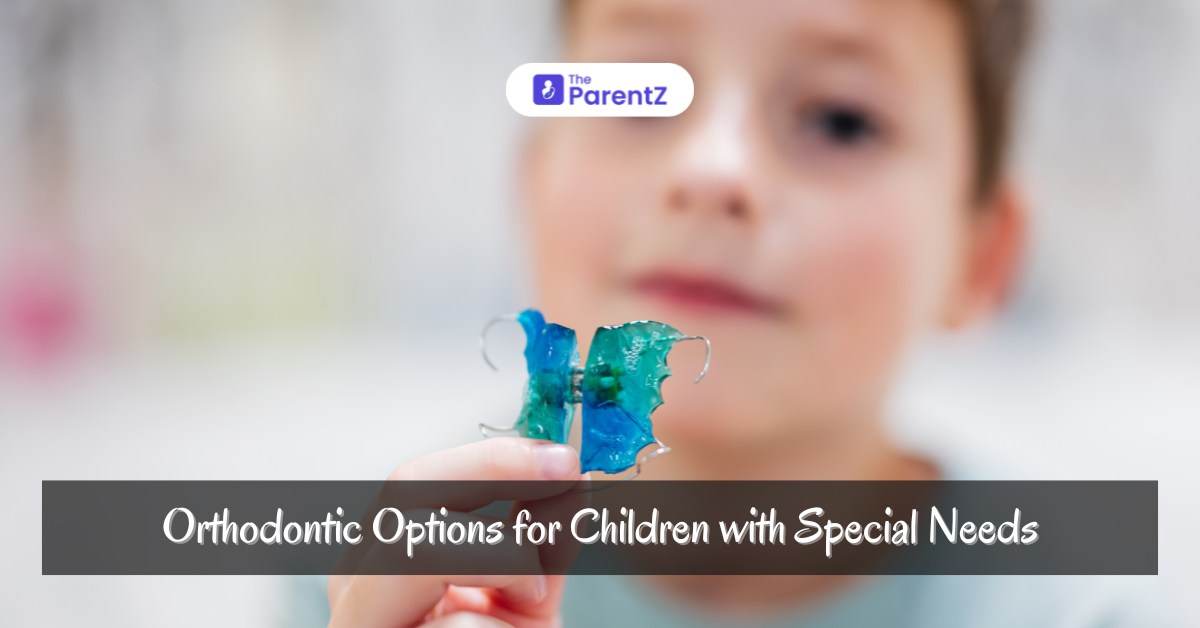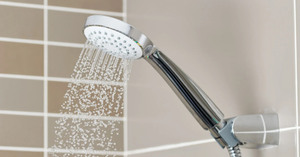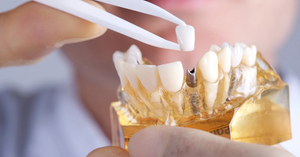Orthodontic care is essential for ensuring the long-term health, comfort, and appearance of a child's teeth and jaw. For children with special needs, this care can be particularly challenging, but it is just as critical. Special needs encompass a wide range of conditions, including physical disabilities, developmental disorders, and behavioral issues. These conditions can complicate oral hygiene and orthodontic treatment, requiring specialized approaches to meet the unique needs of each child.
Understanding the Orthodontic Needs of Children with Special Needs
Children with special needs often face specific orthodontic challenges that can affect their oral health and development. Common issues include malocclusions (misaligned teeth or jaws), overcrowded teeth, and difficulties in maintaining oral hygiene due to physical or cognitive limitations. These problems can lead to more significant complications if not addressed early, including speech difficulties, problems with chewing, and an increased risk of tooth decay and gum disease.
Orthodontic Treatment Options for Children with Special Needs
Orthodontic treatment for children with special needs must be tailored to their individual requirements. Here are some common orthodontic options available:
1. Braces: Traditional braces are often used to correct alignment issues. For children with special needs, orthodontists may use modified braces or choose materials that are more comfortable and less likely to cause irritation. Some children may require clear aligners or ceramic braces that are less visible and more comfortable.
2. Clear Aligners: These removable devices are an excellent option for children who can manage them independently. They offer the benefit of being less conspicuous and can be removed for eating and brushing, which helps maintain oral hygiene.
3. Space Maintainers: If a child loses a baby tooth prematurely, a space maintainer can be used to hold the space open until the permanent tooth erupts. This is particularly important for children with special needs who may be at higher risk for dental issues.
4. Palatal Expanders: These devices are used to widen the upper jaw when it is too narrow. They are often recommended for children with special needs who may have breathing difficulties or issues with the alignment of their teeth due to a narrow jaw.
5. Custom Appliances: Some children may require custom orthodontic appliances designed to meet their specific needs. These can include headgear, retainers, or other devices that are tailored to the child's oral structure and capabilities.
Caring for the Orthodontic Needs of Children with Special Needs
Maintaining oral hygiene is crucial during orthodontic treatment, but it can be challenging for children with special needs. Caregivers play a vital role in ensuring that these children receive the proper care. Here are some strategies to help manage their orthodontic needs:
- Daily Oral Hygiene: Caregivers should assist children with brushing and flossing, using adaptive tools if necessary. Electric toothbrushes with soft bristles and flossing aids can make the process easier and more effective.
- Regular Dental Visits: Frequent visits to the dentist and orthodontist are essential to monitor progress and address any issues early. These visits should be scheduled at times when the child is most relaxed and cooperative.
- Dietary Considerations: Children with braces or other orthodontic appliances should avoid hard, sticky, or sugary foods that can damage the devices or increase the risk of cavities. A balanced diet rich in vitamins and minerals supports overall oral health.
- Positive Reinforcement: Encouraging good oral hygiene and compliance with orthodontic care through positive reinforcement can be highly effective. Rewarding small successes helps build a routine and reduces anxiety around dental care.
Conclusion
Orthodontic care for children with special needs requires a thoughtful, individualized approach. By understanding their unique challenges and tailoring treatment options accordingly, orthodontists and caregivers can ensure that these children achieve the best possible outcomes. With proper care, children with special needs can enjoy healthy, functional, and beautiful smiles that will benefit them throughout their lives.








Be the first one to comment on this story.